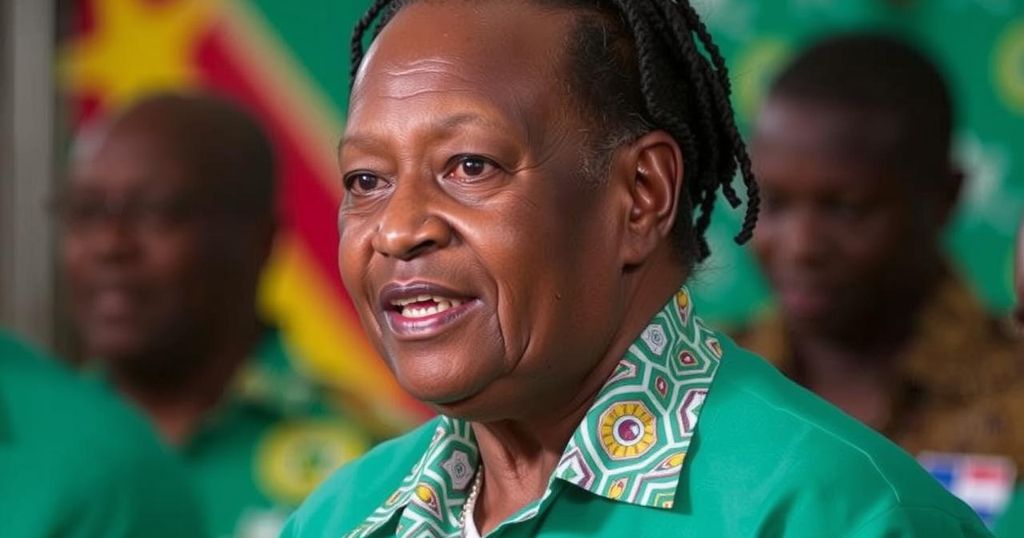Mozambique’s Post-Election Challenges: Navigating Crisis and Reconciliation
Mozambique’s President-elect Daniel Chapo must navigate the ongoing post-election crisis following his disputed victory over Venancio Mondlane. The Constitutional Council’s confirmation of Chapo has incited protests amid accusations of electoral fraud. As he prepares for a reconciliation initiative post-inauguration on January 15, the need for compromise is urgent but may lead to internal conflicts within his party. The country faces potential economic and social instability if these tensions persist.
Mozambique’s President-elect Daniel Chapo faces significant challenges in addressing the escalating post-election crisis that has emerged following the contentious general elections held on October 9. Despite his victory being validated on December 23 by the Constitutional Council, which declared him the winner over opposition candidate Venancio Mondlane, the current situation presents a formidable barrier to the stability of the nation. Chapo’s strategy for reconciliation, set to commence after his inauguration on January 15, is considered crucial for fostering dialogue amid growing tensions.
The announcement of the election results has sparked renewed unrest, with Mondlane’s supporters launching protests to express their discontent with the perceived electoral irregularities deemed by many, including Western observers, as indicative of a rigged election. The sustained nature of these protests signifies deep societal divisions and raises concerns about potential economic repercussions as disruptions to trade and economic activities become increasingly likely. Chapo is expected to navigate the precarious political landscape carefully, balancing the urge to reconcile with the opposition and the risk of exacerbating internal strife within the ruling Frelimo party. Such infighting could impede necessary reforms and the overall stability of his presidency.
In summary, President-elect Daniel Chapo is confronted with a complex array of challenges as he seeks to unify a politically fragmented Mozambique while managing the expectations of both his party and the opposition. Without strategic negotiation and compromise, the potential for prolonged unrest looms large, threatening to destabilize not just Mozambique’s political framework but also its economic environment and regional trade relations.
The context of this situation is rooted in Mozambique’s recent electoral history, marked by disputes and allegations of electoral malpractice. The October 9 elections involved a highly polarized political environment, with differing views on the credibility of the electoral process. The ruling Frelimo party has historically faced opposition from various groups, and elections often lead to tensions that can spiral into wider civil unrest. The upcoming inauguration of President Chapo is thus a critical moment for potential dialogue and reconciliation efforts within a deeply divided nation.
In conclusion, the path ahead for President-elect Daniel Chapo is fraught with challenges as he attempts to mend the rifts within Mozambique’s political landscape. The aftermath of the contentious elections has set the stage for potential economic disruptions and civil unrest if not addressed through meaningful dialogue. Chapo’s leadership will be pivotal in determining whether Mozambique can stabilize its political climate and restore public confidence in electoral processes.
Original Source: worldview.stratfor.com




Post Comment